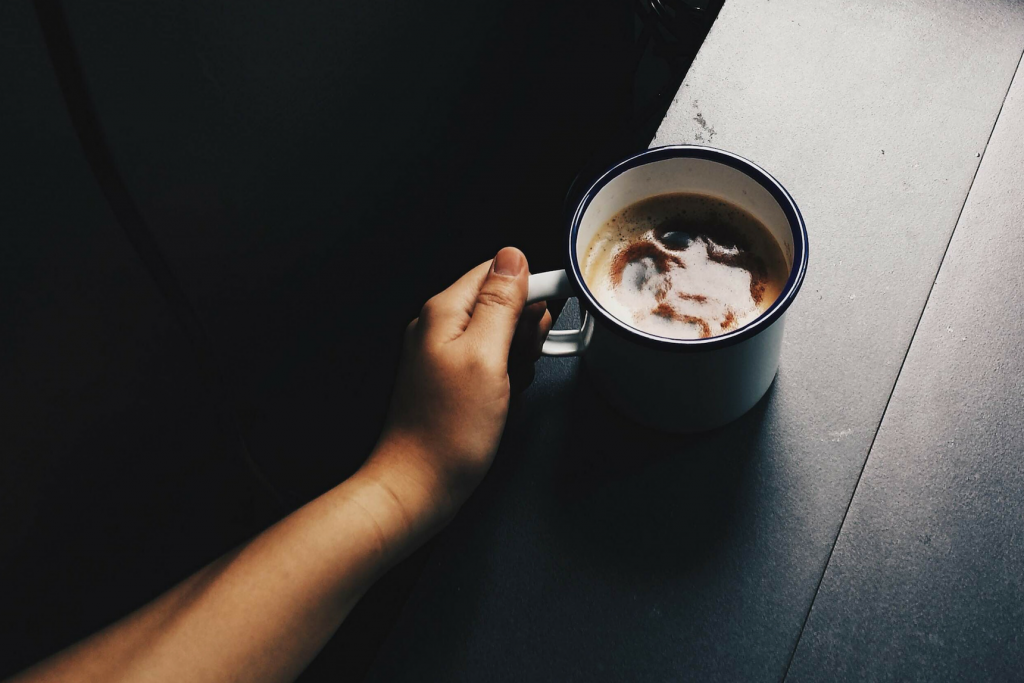The buzz on National Coffee Day
There are about 2,000 transactions at the Starbucks in the Evans Library on campus. That's a lot of caffeine! In light of National Coffee Day on Sept. 29, we repost our story on caffeine and how it can actually be beneficial.

By Hannah Falcon ‘21
Whether it’s from coffee, tea, or an energy drink, around 90 percent of Americans consume caffeine as a part of their daily routine. However, they may not be aware of how their daily dose of caffeine affects their minds and bodies.
For National Coffee Day, Psychological and brain sciences assistant professor Rachel Smith discusses the effects of caffeine on the body and brain.
“Due to its mind- and mood-altering properties, caffeine is a psychoactive drug, but it is not addictive,” Smith said.
Smith emphasizes the difference between addiction and dependency. When people are addicted to a drug it controls their life, whereas dependency is defined only by the presence of withdrawal symptoms. People may easily develop a dependency on caffeine when their body becomes accustomed to regular consumption.
“Normally caffeine will constrict your blood vessels,” Smith said. “Without caffeine, if you’re dependent on it, then you’re going to have dilation of blood vessels in your brain and that will give you a headache.”
Caffeine works by suppressing a neurotransmitter called adenosine, which accumulates the longer you’re awake causing you to feel tired.
“Caffeine is actually an antagonist, or a blocker, wherever adenosine is acting,” Smith said. “It’s essentially blocking the signal that you’re getting sleepy.”
If you drink the recommended 400 milligrams (about four servings of coffee) a day then your daily dose of coffee may be beneficial. According to Smith, coffee and tea contain antioxidants that may help prevent diseases.
“Drinking below the recommended amount of caffeine each day is not necessarily harmful, it can even be beneficial,” Smith said. “There are health benefits of coffee and tea because of the antioxidants they contain.”
If one wanted to reduce their daily intake of caffeine, Smith recommends starting gradually. It may be hard to go cold-turkey when drinking coffee has become a part of a person’s daily routine.
“I think a lot of us just have a habit where we get ready in the morning, and we drink our coffee,” Smith said. “If you’re trying to reduce your intake, then those habits rear their heads, because you think ‘Well, this is the time of day when I usually drink a coffee.’ The stimuli in your environment drive you and remind you to drink coffee.”
Smith’s knowledge of addiction and habitual actions stems from her research on drug addiction using animal models. Through her studies, she’s hoping to find out why individuals continue to take a drug despite negative consequences.
“I’ve only had my lab for four years, but without the resources from the College of Liberal Arts I wouldn’t have been able to get the preliminary data to even apply for my first research grant that’s about to start,” Smith said.
We’ll raise our mugs to that!
